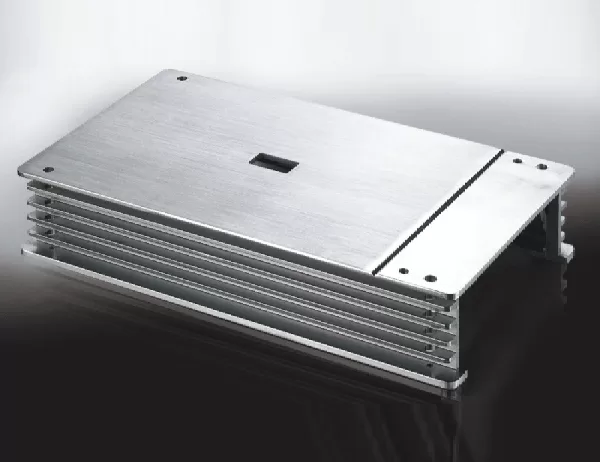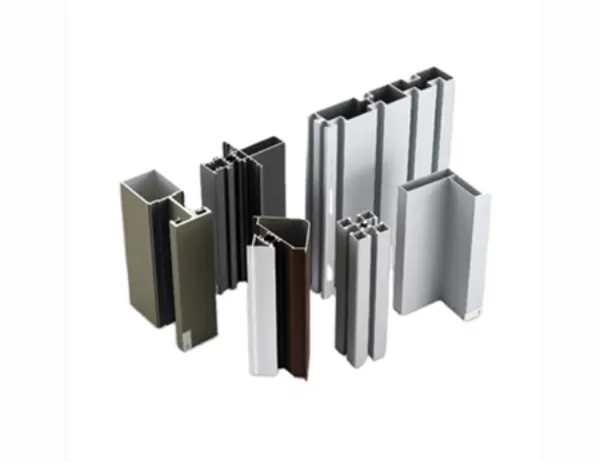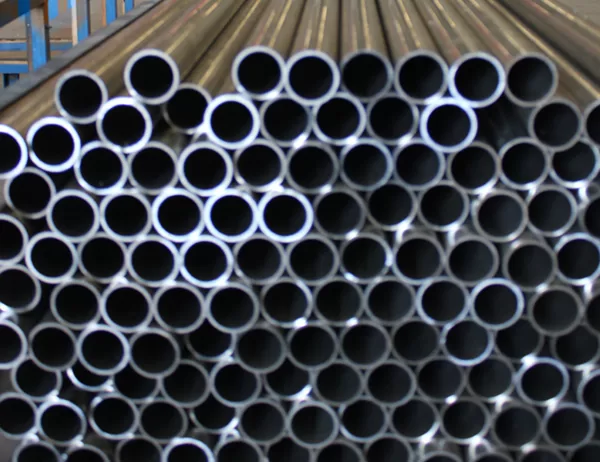Introduction
The rapidly growing solar industry has made significant strides in reducing costs and improving efficiency. However, challenges remain when it comes to ensuring the durability and performance of solar panels, particularly with regard to their aluminium profiles. This article, “Overcoming Challenges: Addressing Common Issues with Solar Panel Aluminium Profiles,” delves into the key issues and presents comprehensive solutions to address these concerns.
Aluminium profiles used in solar panels can be vulnerable to corrosion due to exposure to harsh environmental conditions. Moisture and corrosive substances in the atmosphere can lead to pitting, oxidation, or stress corrosion cracking. To mitigate these issues, protective surface treatments such as anodizing, powder coating, or epoxy coatings are essential. These coatings provide a robust barrier against corrosion and enhance the durability of the profiles.
Solar panels experience dynamic loads due to wind and snow, which can compromise their structural integrity. The aluminium profiles must withstand these forces without bending or warping, ensuring the panel’s structural stability. High-strength aluminium alloys, proper design, and reinforcement mechanisms, such as cross-bracing or reinforcement channels, are crucial for maintaining the rigidity and stability of the profiles.
Aluminium profiles undergo thermal expansion and contraction with temperature fluctuations. This can cause misalignment and gaps within the panel’s structure, affecting its performance. To accommodate these thermal movements, expansion joints or flexible seals are incorporated into the design. These components provide a buffer zone that compensates for dimensional changes, ensuring that the panel maintains its intended functionality and performance.
Aluminium profiles serve as electrical conductors, which must be adequately insulated to prevent current leakage or short circuits. Non-conductive materials, such as anodized aluminium, polymer insulators, or glass-reinforced plastic (GRP), are strategically placed to isolate the electrical components and ensure safe and efficient operation of the solar panels.
The appearance of solar panels is important for aesthetic considerations and marketing purposes. Surface defects or discoloration can compromise the perceived quality and marketability of the products. High-quality aluminium profiles with smooth surfaces, consistent finishes, and anti-reflective coatings are essential to achieve a professional and visually appealing appearance.
Solar panels are expected to have a long lifespan, typically around 25 years or more. The aluminium profiles must withstand the rigors of prolonged exposure to the elements, including UV radiation, temperature extremes, and mechanical stress. Durable and corrosion-resistant materials, combined with proper design and installation practices, are crucial for ensuring the longevity and可靠性 of the solar panels.
Addressing common issues with solar panel aluminium profiles is essential to ensure the durability, performance, and overall quality of solar panels. By employing appropriate protective measures, enhancing structural integrity, accommodating thermal movements, ensuring electrical insulation, maintaining surface aesthetics, and focusing on durability and longevity, manufacturers can overcome these challenges and deliver high-quality solar panels that meet the demands of the industry and end-users.




